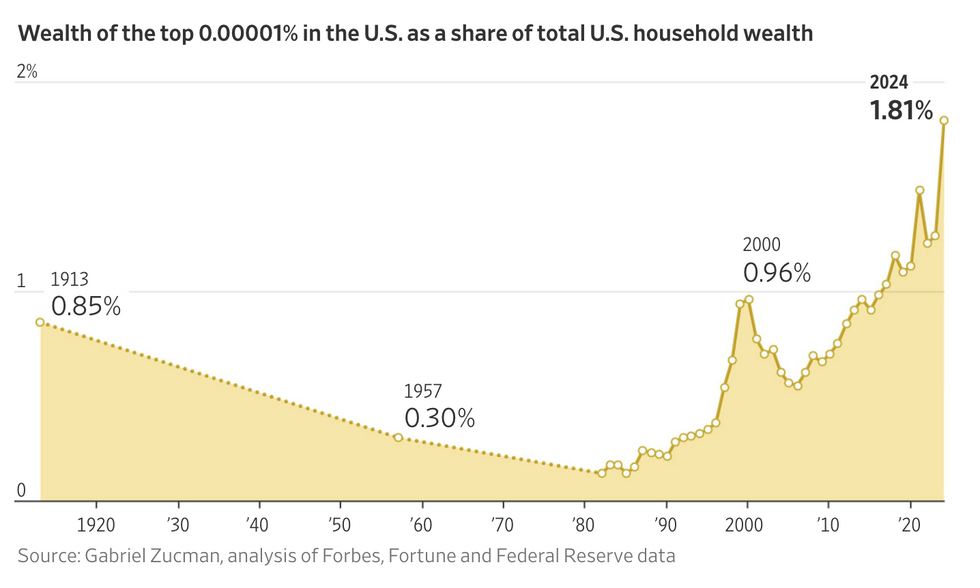The Supreme Court ruled today that the cruel and unusual punishment clause of the Eighth Amendment does not prohibit cities from punishing unhoused people for sleeping in public, even if they have nowhere else to go.
The court held that punishing a person for sleeping in public, even if they have no other option, punishes conduct, not status, and so Robinson v. California, which established that it is cruel and unusual to criminalize a person’s status, does not apply. The case, Grants Pass v. Johnson, originated from an Oregon city that passed ordinances barring people from sleeping outside in public using a blanket, pillow, or even a cardboard sheet to lie on. In Grants Pass, Oregon, unhoused people could be saddled with hundreds of dollars in fines and even jail time for sleeping outside, even though the city lacked enough shelter beds.
“It is hard to imagine a starker example of excessive punishment than fining and jailing a person for the basic human act of sleeping,” said Scout Katovich, staff attorney in the Trone Center for Justice and Equality. “As Justice Sotomayor’s dissent powerfully acknowledged, sleep is a biological necessity, not a crime. We cannot arrest our way out of homelessness, and we will continue litigating against cities that are emboldened by this decision to treat unhoused people as criminals.”
The American Civil Liberties Union submitted a friend-of-the-court brief arguing that punishing unhoused people for sleeping outside when they lack access to shelter violates the Eighth Amendment protection against cruel and unusual punishment. As the brief highlights, the original intent and meaning of the Eighth Amendment and its application in more than a century of Supreme Court cases make clear that the government cannot impose punishment that is disproportionate to the crime.
The brief goes on to argue that Robinson v. California, which ruled that criminalizing a person’s status is cruel and unusual punishment and was relied upon by the lower courts in Grants Pass, is consistent with this proportionality principle. Applying the same proportionality principle, the brief stated, punishing unhoused people for sleeping in public when they have no other choice violates the Eighth Amendment.
The court’s decision reverses a Ninth Circuit Court of Appeals opinion that punishing unhoused people for sleeping in public when they have no access to shelter violates the Eighth Amendment protection against cruel and unusual punishment.
Below are additional statements from ACLU affiliates:
“Oregon has one of the highest and growing rates of homelessness and in a time when becoming houseless could happen to anyone, the Supreme Court decision has effectively given cities and states the power to jail or fine people for the human need to sleep,” said Kelly Simon, legal director of the ACLU of Oregon. “Now more than ever, it’s critical for local governments to actually invest in real solutions like building housing that is affordable to people of all income levels and increasing access to support services and medical care. Arresting and punishing people will only make matters worse in Oregon and other communities.”
“The Supreme Court’s ruling declines to protect Kentuckians from the cruel and unusual punishment of criminalizing homelessness,” said Kevin Muench, legal fellow at ACLU of Kentucky. “Homelessness can happen to anyone, and we are disappointed that the Court has taken the extraordinary step of overturning precedent that prohibited punishing unhoused folks simply for existing.
“Punishing unhoused community members for sleeping outside is inhumane and flies in the face of the Constitution, which prohibits cruel and unusual punishments,” said Beth Haroules, senior staff attorney at the New York Civil Liberties Union. “We cannot arrest our way out of poverty. Instead of arresting or fining people for simply existing, cities should prioritize proven solutions to end homelessness, like affordable housing, accessible and voluntary services, and evictions protections.”
“Everyone deserves a safe space to sleep, but for too long we have been overly reliant on policing as a solution,” said Michele Storms, executive director of the ACLU of Washington. “We cannot punish our way out of homelessness and poverty. Systemic issues require systemic evidence-based solutions and investments in our communities. The ACLU of Washington will continue to challenge efforts and policies across the state that seek to criminalize people experiencing homelessness.”
“The Supreme Court’s decision to effectively allow cities and towns to criminalize and dehumanize unhoused people may have devastating reverberations in New Hampshire,” said Devon Chaffee, executive director of the ACLU of New Hampshire. “Unhoused people deserve dignity, not criminalization for simply existing. We warn New Hampshire officials that local efforts to criminalize the unhoused may still violate the New Hampshire Constitution – and we urge them to exercise both restraint and humanity in addressing this vulnerable population going forward.”
“Everyone in California deserves a safe, dignified place to live,” said Kath Rogers, staff attorney at ACLU of Southern California. “This Supreme Court ruling — decimating a half century of precedent — continues in the shameful tradition of choosing to remove unhoused people from public view rather than provide our community members with what they actually need: affordable housing.”
Grants Pass v. Johnson is a part of the ACLU’s Joan and Irwin Jacobs Supreme Court Docket.





 (Source: Gabriel Zucman via The Wall Street Journal)
(Source: Gabriel Zucman via The Wall Street Journal)